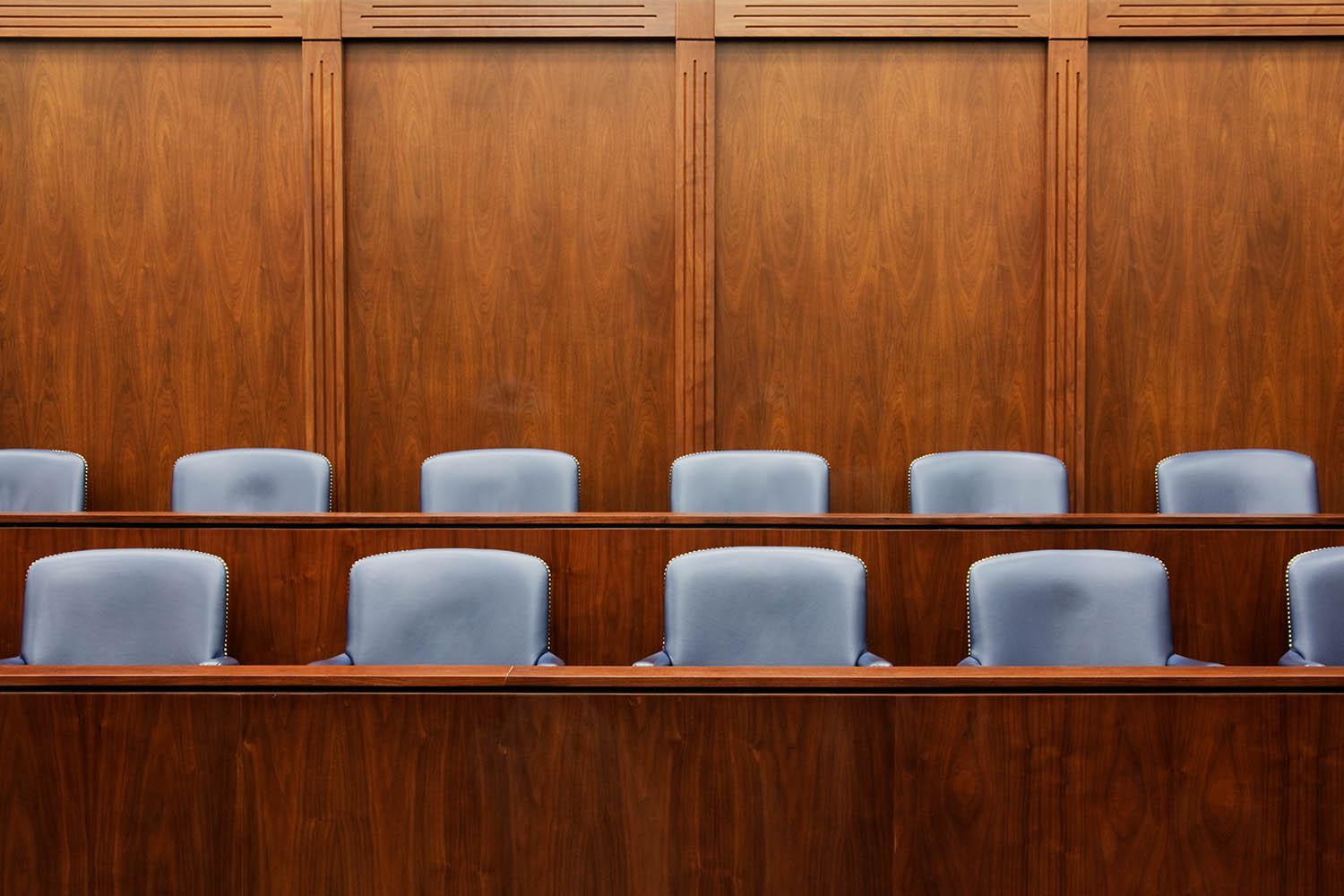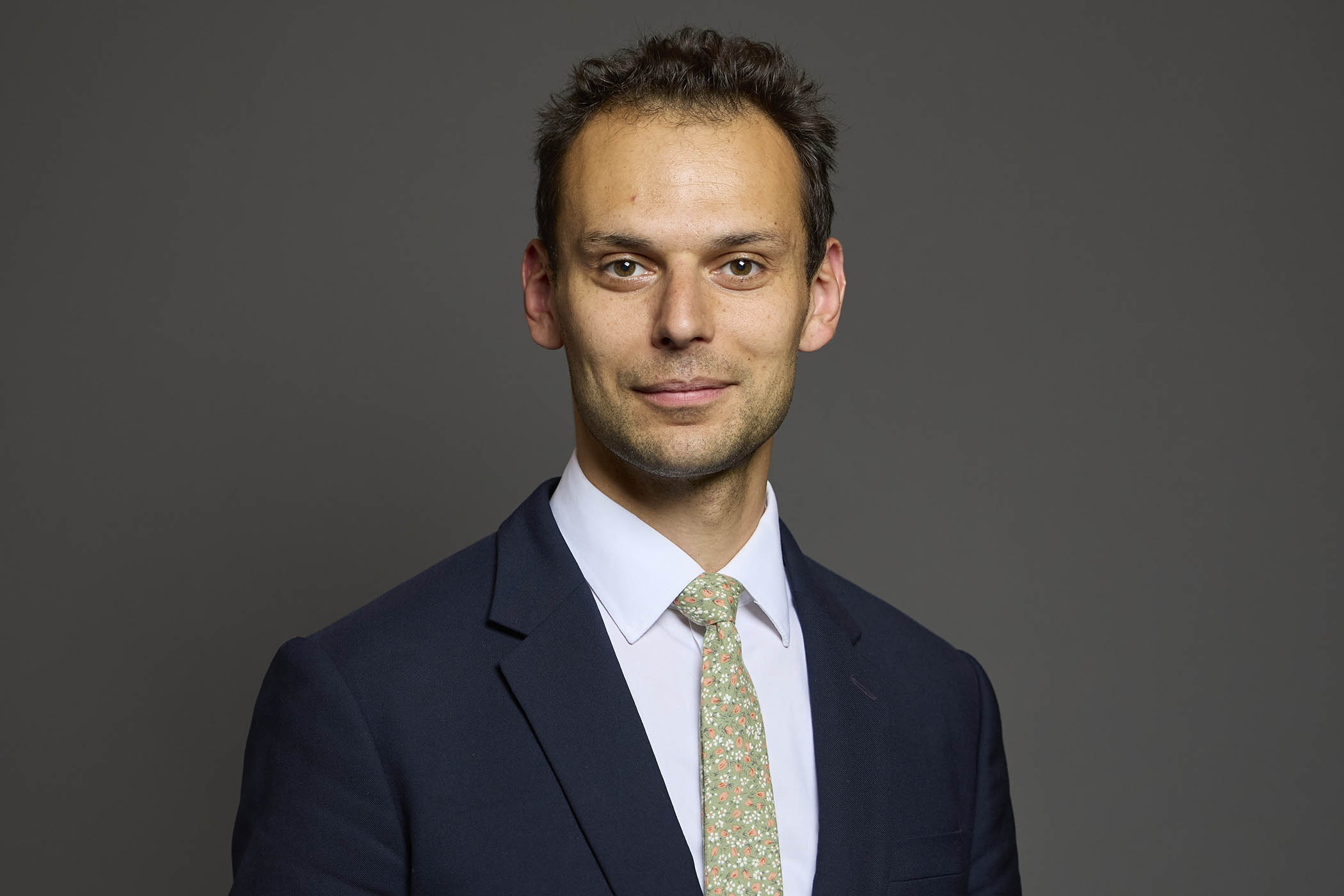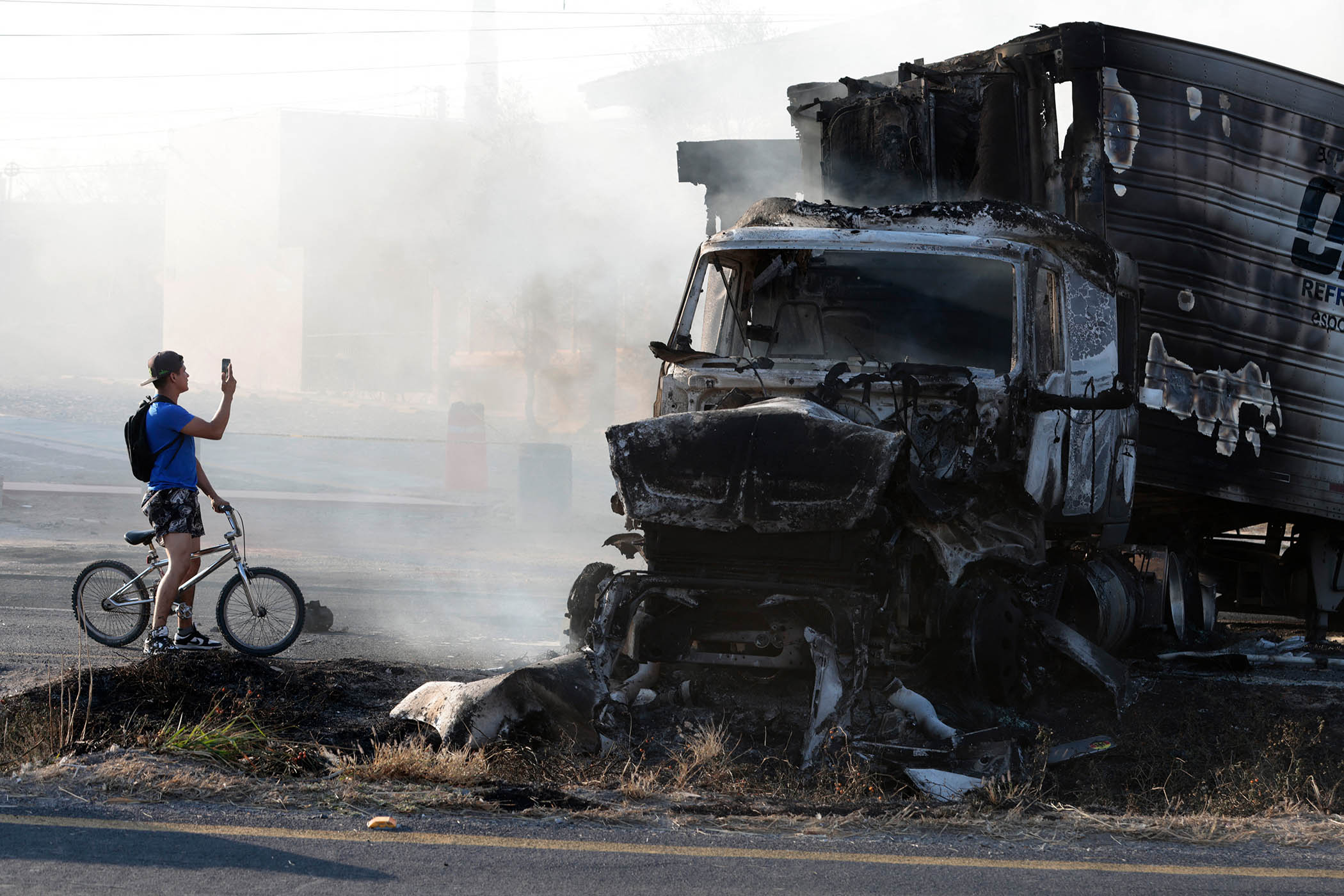It has almost become an axiomatic feature of recent government: deteriorating situations are known but not addressed until catastrophe intervenes, at which point those responsible in the revolving door of politics run for cover, and amnesia sets in. Hillsborough, Grenfell and the infected blood scandal are a few well-known examples. The latest to rise, once again, to the surface is the state of the criminal justice system and jury trial.
The figures are shocking and the backlog of cases is a major miscarriage of justice in itself. As of 31 March it stood at 76,957 cases waiting. Over a nine-month period, a record 14,800 trials were delayed. These are figures published by the Criminal Bar Association, which has repeatedly warned about the traumatic consequences for all involved: justice delayed by this margin is not only denied but destroyed. Add prison overcrowding and savage cuts to legal provision into the mix, and the idea of a fair and accessible system of justice fades rapidly.
All this has been known for decades. During Covid, another ill-prepared-for crisis, for example, the backlog figure had risen to 40,526 by May 2020. So it has almost doubled in five years. What is depressing is the reaction: to target – both then and now – the right to jury trial. Wrong target.
But it’s all part of the realpolitik of present circumstances. “We have to do something so we will start with the vulnerable.” But then a few voices reminded everyone – and the government – that there are principles of social justice even in times of austerity, as there were in 1945, when communities and resources had been almost blitzed out of existence but the government resurrected a new world of fairness, respect and dignity from the ashes of wartime struggle.
It is in moments like these that adherence to the basic values of a democratic society matter most. What is needed right now is a re-evaluation of government accountability and priorities; a reinvestment in the criminal court system and a renaissance of rights.
Jury trial has an illustrious past stretching back to the Greek city state and has rightly been called “the privilege of the common people of the United Kingdom”.
Here lies the essence. The jury is held in high regard by the public: confidence is retained because ordinary people can be seen to participate equally and to be the guardians. In one sense, it is one of the very few opportunities in which democracy comes to life. Above all, it generates respect for the rule of law – so grossly ignored at present on the global stage. The jury provides, in clearest terms, a conscience.
There may be quicker ways of dispensing justice (famously parodied by Lewis Carroll in the trial of the Knave of Hearts); even faster and cheaper via AI; also, cheaper ways by inducing quick pleas in exchange for a reduction in sentence. But these do not engender confidence or reliability. An alternative is to restrict the number of cases eligible for trial by jury. Then it can be said it’s not an attack on juries but just a response to exigency. Over time, however, it gets dangerously close to the former.
The jury is one of the very few opportunities in which democracy comes to life
The jury is one of the very few opportunities in which democracy comes to life
Predictably, the Leveson report published last week has proposed far-reaching inroads on jury trial, rather than putting forward government justice management reform and the maximising of existing facilities. Instead, it states, there should be a new division or level of courts (intermediate) in which a judge and two magistrates will be able to try all either way offences where an expected sentence would not exceed three years. This will be allocated by a judge. It is a suggestion that has been opposed in the past by the Bar Council. The report also proposed the reclassification of offences as “summary”, ie only triable by magistrates; and the removal of the right to elect jury trial for offences which carry a maximum two-year prison sentence. Leveson also suggests permitting judge-only trial for serious and complex fraud case. And finally: not lifting the cap on sitting days beyond 130,000 a year instead of many practitioners' preferred solution: unlimited days.
In addition, there could be another agenda in play for the government. Currently, the right to peaceful protest is being eroded by legislation, and juries in public order and criminal damage cases are tending to acquit when public interest defences of necessity or duress of circumstances are presented, despite judicial directions. It will be interesting to see how many of these cases will now end up in the new intermediate court with no jury.
Newsletters
Choose the newsletters you want to receive
View more
For information about how The Observer protects your data, read our Privacy Policy
Early on there was a property qualification for jury service to achieve what were considered the right people and the right decisions; then it was claimed that our citizenry don’t understand complicated matters or that they would be unable to concentrate, or in longer cases give up their jobs for lengthy periods. But all of this was confounded by the Hillsborough inquests jury which survived hearings spread over a number of years and returned detailed and faultless findings in relation to 14 different issues.
So, what is to be done about the immediate chaos? First, longer court days, as in other parts of Europe where a day is split in two, accommodating two cases in each half. Second, lift the cap on judicial sitting days – set at 110,000 for 2025-2026 – to make it unlimited. Third, use full court capacity. In every court centre there are courts closed (for example, Snaresbrook and the Old Bailey both have four court rooms closed). Fourth, if this does not provide enough capacity, requisition other buildings for the purpose of trial rather than creating another level altogether.
Recent research on juries by Birmingham University found that an overwhelming majority of people in England and Wales – 96% – consider jury service important and that 87% would serve if summoned.
Once governments think they can obfuscate failings by cutting fundamental resources and abandoning principles on the back of the congestion they have created, the next move, just around the corner, is trial by AI. It is already firmly implanted elsewhere. Cheap, quick – and prone to fiction.
Michael Mansfield is a British barrister specialising in civil liberties
Photograph by Getty


